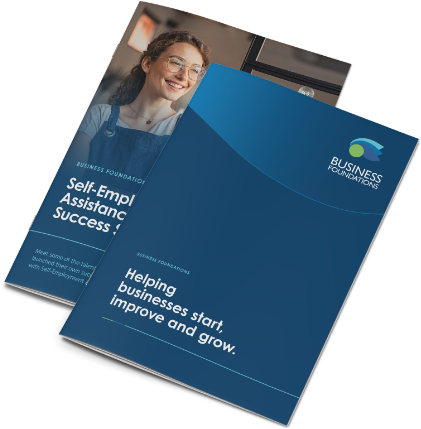The Power of Using A CRM to Track Leads and Manage Clients
August 16, 2024
Building strong relationships with customers is critical to ensuring you are remaining ahead of your competitors. With 48% of customers willing to pay more for good customer service and 46% buying more when receiving a personalised experience, it’s clear that these customer experiences should remain a top priority for businesses.
Ensuring the delivery of consistently high customer service while managing ongoing relationships with current and potential clients can seem like a monumental task, but it doesn’t need to be. Implementing CRM software into business models can automate a lot of the tasks required, making this happen seamlessly.
What is CRM?
Customer Relationship Management (CRM) is software that can be implemented by businesses to manage all interactions and data of current and potential customers. CRM systems act as a centralised database, storing customer information such as contact details, previous communication information and sales data. This is valuable information that can be used across multiple teams to provide personalised, high quality customer service and manage leads effectively. CRM is an important tool for small business owners as it provides an efficient way to manage your current customers and makes it easier to track potential leads, leading to increased customer loyalty and revenue growth for your business.
Tracking Leads with CRM
Lead management is an integral part of business growth as it helps turn potential clients into loyal customers. Lead management goes far beyond simply finding leads and converting them. It also involves pursuing, maintaining communication, and following up when promised, to ensure leads can be converted rather than slipping under the radar. Here are some of the ways using CRM can help streamline your lead management process:
- Central lead data – having a CRM helps store all your leads data in one convenient easy-to-access location.
- Segmentation – CRM can help segment your lead data based on data points such as demographics, geographics, industry, and stage of the sales funnel, allowing for targeted contact and marketing.
- Lead scoring – CRM software can score the quality of leads based on engagement rate and likelihood to convert, allowing your sales team to prioritize their efforts where it matters most.
- Automates reporting and analytical data – CRM can automate reporting on data such as lead conversion rates, response times and rate and methods of contact.
- Tracking data – CRM can track lead data, making it easier to know when leads are visiting websites or opening emails.
Managing clients with CRM
Once leads have been converted to clients, it’s important to ensure they are effectively managed. Imagine having all your client information in one place – contact details, previous interactions and purchase history. Not only does this safe time, but it makes it easier to personalise communication with clients, which is key factor in increasing the loyalty of your clients, encouraging repeat purchases and fostering ongoing relationships. Additionally, having a CRM system in place allows businesses to monitor client satisfaction, address any issues promptly, ensuring a high standard of service is consistently maintained.
Incorporating a CRM into your business operations is so much more than a digital upgrade. It’s an integral strategic move that can drive business growth and improve customer satisfaction. If you need help to understand CRM systems in more detail, or need advice on which CRM system works best for your business, Business Foundations can help you develop a Digital Action Plan to streamline your lead management and client data. Digital Action Plans are available as part of our Digital Solutions Program. Find out more here.
Acknowledgement Of Country
Business Foundations acknowledges the traditional custodians throughout Western Australia and their continuing connection to the land, waters and community. We pay our respects to all members of the Aboriginal communities and their cultures; and to Elders both past and present.
Victoria
The Commons
80 Market Street,
South Melbourne VIC 3205
admin@businessfoundations.com.au
Western Australia
Wesley Central
2 Cantonment Street,
Fremantle WA 6160
admin@businessfoundations.com.au


Get In Touch
Have a question or to find out how we can help you, please get in touch.






